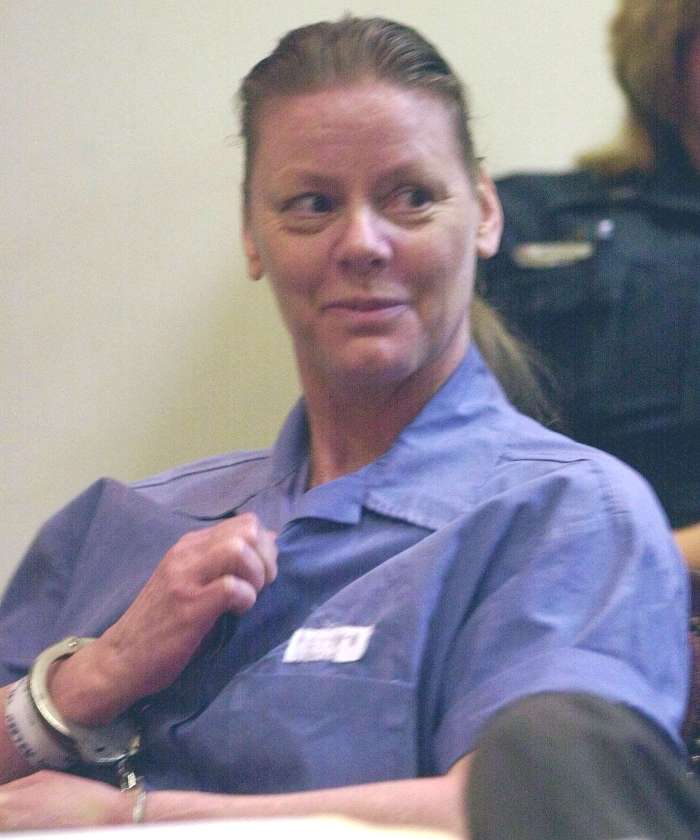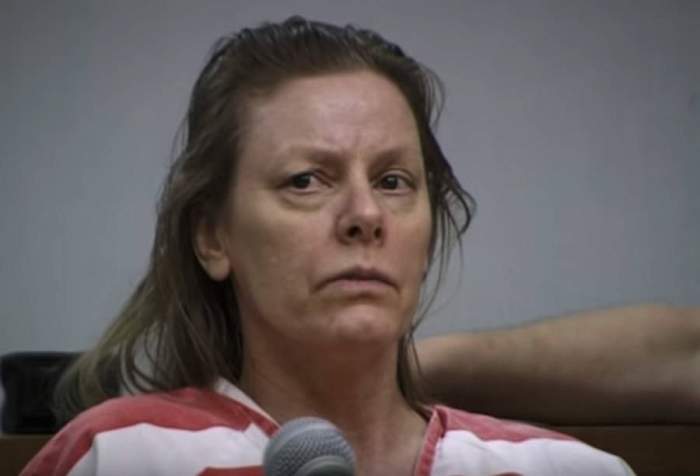More than twenty years after her execution, Aileen Wuornos — one of America’s most infamous female serial killers — is once again at the center of national attention. Netflix is rolling out a new documentary, Aileen: Queen of the Serial Killers, which promises an unfiltered look at her life, her crimes, and the disturbing path that led her from a troubled childhood to death row.
Wuornos terrorized central and northern Florida in 1989 and 1990, killing seven men while working along the state’s highways. Her murders triggered a massive, multi-state investigation that eventually ended with her arrest in early 1991 and a string of first-degree murder convictions the following year. She would ultimately receive six death sentences.
The documentary features rare, previously unreleased interviews from death row, capturing Wuornos in her own words as she shifted from insisting she acted in self-defense to bluntly admitting she killed without hesitation. Her emotional state changed repeatedly over the years, at times expressing rage, at other times showing no remorse whatsoever.
Netflix also digs into the long, painful history that shaped her. Wuornos grew up in Michigan under chaotic and abusive conditions, learning at just 10 years old that the people she believed were her parents were actually her grandparents. Her biological father had already landed in prison for child rape and later killed himself behind bars. As a young girl, Wuornos reported beatings, sexual abuse, and emotional torment — experiences that left her isolated, volatile, and often homeless.
By her early teens, she was trading sex for money or cigarettes and eventually drifted into full-time prostitution. She hitchhiked across the country, racked up arrests for theft, assault, and armed robbery, and burned through a brief marriage to an older yachtsman before resettling in Florida. There, she entered a long relationship with Tyria Moore — a partnership that collapsed when Moore cooperated with investigators after the murders began.
Between late 1989 and fall 1990, the bodies of middle-aged men appeared near rural highways across Florida. Each had been shot multiple times. Wuornos pawned items linked to her victims under false names, drove their vehicles, and eventually confessed on videotape.
After a decade of appeals and repeated court battles over her mental state, Wuornos was executed in October 2002 at the age of 46.
Despite her death, Hollywood and the media have kept her story alive — from Charlize Theron’s Oscar-winning portrayal in Monster to numerous documentaries. Now, Netflix’s latest project aims to reexamine her legacy through a modern lens.







